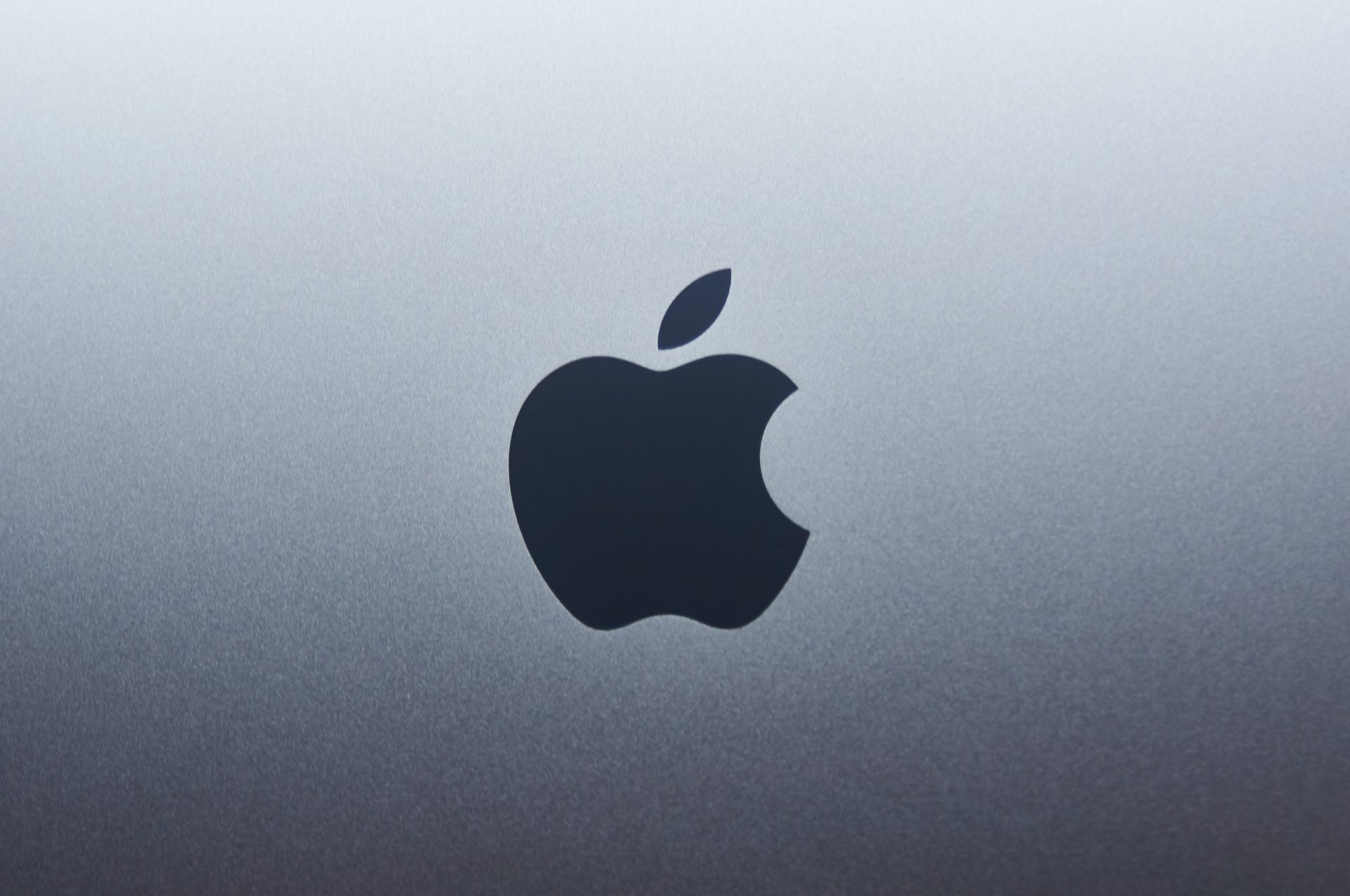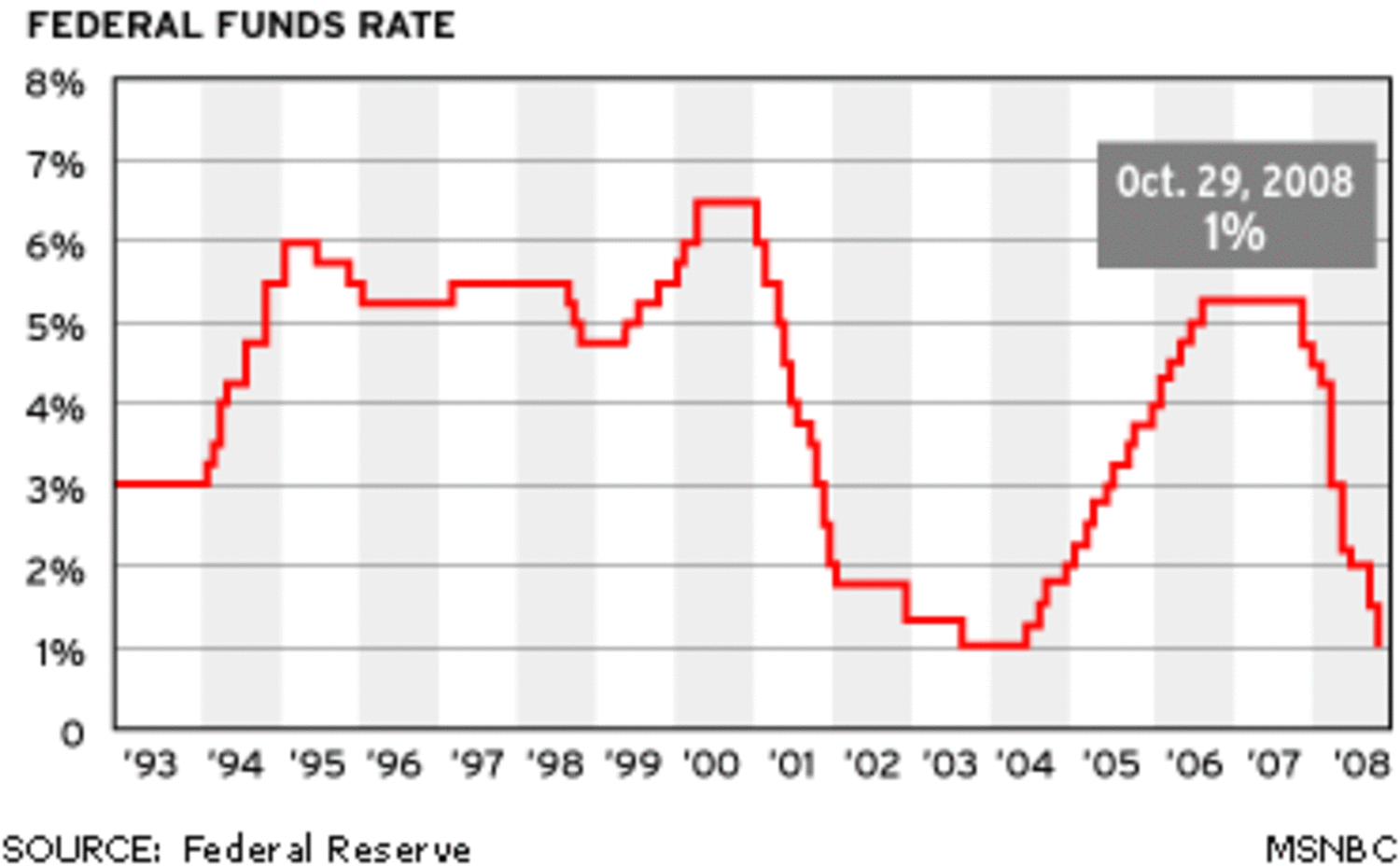Is Apple's AI Development Keeping Pace?

Table of Contents
Apple's AI Strengths
Apple's AI strategy isn't about flashy announcements; it's deeply integrated into its ecosystem. While they might not be leading the charge in every AI subfield, they excel in specific areas.
Siri's Evolution and Limitations
Siri, Apple's virtual assistant, has come a long way since its inception. It boasts impressive capabilities in voice assistance, natural language processing (NLP), and integration with the broader Apple ecosystem. However, compared to competitors like Google Assistant or Alexa, it still lags in certain areas.
- Strengths: Seamless integration with iPhones, iPads, Macs, and Apple Watches; strong voice recognition; reliable performance within the Apple ecosystem.
- Weaknesses: Limited contextual understanding; fewer third-party app integrations compared to Alexa or Google Assistant; struggles with complex or nuanced requests. Its advanced capabilities often pale in comparison to the capabilities of other leading AI assistants.
The future of Siri hinges on improvements in NLP and enhanced contextual awareness. Apple needs to focus on expanding its third-party app support to truly compete with the breadth of functionality offered by its rivals.
On-Device AI and Privacy
Apple's commitment to on-device AI is a significant strength, particularly in the context of user privacy. By processing data locally, Apple minimizes the amount of personal information sent to its servers.
- Advantages: Enhanced privacy and data security; reduced latency, leading to faster responses; less reliance on internet connectivity.
- Drawbacks: Limited processing power compared to cloud-based AI; dependency on powerful hardware for optimal performance; potential limitations in the complexity of AI tasks that can be performed on-device.
This focus on privacy resonates strongly with users concerned about data security, but it also presents technical challenges that Apple must overcome to keep pace with cloud-based AI advancements.
Machine Learning in Apple Products
Machine learning is subtly woven into the fabric of many Apple products, enhancing user experience in various ways.
- Image recognition in Photos: Apple's Photos app utilizes machine learning to intelligently organize and search photos based on faces, objects, and scenes.
- Predictive typing on keyboards: QuickType leverages machine learning to anticipate the user's next word, improving typing speed and efficiency.
- Health features in Apple Watch: The Apple Watch employs machine learning algorithms to monitor heart rate, detect falls, and provide insights into user health and fitness.
- Advanced features in iOS and macOS: Machine learning underpins features like spam filtering, fraud detection, and personalized recommendations.
These examples showcase the effective integration of machine learning, improving the overall user experience without being overly intrusive. Apple's continued research and development in this area are crucial for maintaining its competitive edge.
Areas Where Apple's AI Seems to Lag
While Apple excels in certain aspects of AI, some areas highlight room for improvement.
Lack of a Comprehensive AI Ecosystem
Compared to Google or Amazon, Apple's AI ecosystem is relatively limited. While they offer powerful AI features within their products, they haven't created a broad, accessible platform for developers.
- Fewer AI-powered services: Apple lags behind in the number of standalone AI-powered services compared to competitors offering extensive cloud-based AI capabilities.
- Limited developer tools and APIs: Access to Apple's machine learning frameworks and APIs is less extensive than those offered by Google or Amazon, hindering third-party development of AI-powered apps. This limits the growth of the Apple AI ecosystem.
Expanding developer tools and creating more open APIs is crucial for Apple to catch up in this domain.
Public Perception and Marketing
Apple's marketing around AI is often understated. While they highlight individual features, they haven't presented a cohesive narrative showcasing their overall AI advancements.
- Understated marketing: Apple often integrates AI capabilities subtly into its products, sometimes failing to explicitly market the AI aspect.
- Lack of a unified AI brand message: A clearer and more assertive communication strategy that highlights Apple’s AI achievements and vision would be beneficial in shaping public perception.
This less prominent marketing approach, while consistent with Apple's branding, may be hindering the widespread recognition of their considerable AI capabilities.
Competition from Other Tech Giants
The AI race is fierce. While Apple's AI is strong in specific niches, other tech giants are leading the way in crucial areas.
- Autonomous driving: Apple's autonomous vehicle project, Project Titan, has faced challenges, while companies like Waymo and Tesla are significantly further ahead.
- Large language models: While Apple's research in this area is ongoing, Google, Microsoft, and OpenAI are currently dominating the landscape with models like LaMDA, GPT, and others.
Apple needs to accelerate its advancements in these high-profile domains to maintain its position as a leading innovator in technology.
Conclusion: Assessing Apple's AI Trajectory
Apple's AI development presents a mixed bag. Their strengths lie in on-device AI, privacy-focused solutions, and seamless integration within their ecosystem. However, they lag behind competitors in the breadth of their AI ecosystem, public perception of their AI efforts, and in some high-profile AI application areas like autonomous vehicles and large language models. Apple's future success in AI depends on a more proactive approach to developer tools, clearer communication of their progress, and significant advancements in key competitive areas. What are your thoughts? Is Apple's AI development keeping pace? Share your opinions on Apple's AI, Apple AI development, and the future of AI at Apple.

Featured Posts
-
 Spac Stock Outperforming Micro Strategy A Deep Dive For Investors
May 09, 2025
Spac Stock Outperforming Micro Strategy A Deep Dive For Investors
May 09, 2025 -
 Abcs High Potential Next Episode Release Date
May 09, 2025
Abcs High Potential Next Episode Release Date
May 09, 2025 -
 Celebrity Stylist Elizabeth Stewart Designs Exclusive Line For Lilysilk
May 09, 2025
Celebrity Stylist Elizabeth Stewart Designs Exclusive Line For Lilysilk
May 09, 2025 -
 Taiwans Vp Lais Ve Day Speech A Call To Action Against Authoritarianism
May 09, 2025
Taiwans Vp Lais Ve Day Speech A Call To Action Against Authoritarianism
May 09, 2025 -
 Mc Cann Family Harassed Polish Woman And Friend Plead Not Guilty
May 09, 2025
Mc Cann Family Harassed Polish Woman And Friend Plead Not Guilty
May 09, 2025
Latest Posts
-
 Interest Rate Cuts Why The Federal Reserve Is Different
May 10, 2025
Interest Rate Cuts Why The Federal Reserve Is Different
May 10, 2025 -
 Casey Means Trumps Choice For Surgeon General And The Maha Movement
May 10, 2025
Casey Means Trumps Choice For Surgeon General And The Maha Movement
May 10, 2025 -
 Fed Holds Steady Why No Rate Cuts Yet
May 10, 2025
Fed Holds Steady Why No Rate Cuts Yet
May 10, 2025 -
 Fentanyl Crisis A Lever In U S China Trade Negotiations
May 10, 2025
Fentanyl Crisis A Lever In U S China Trade Negotiations
May 10, 2025 -
 Stock Market Valuation Concerns Bof A Offers Reassurance To Investors
May 10, 2025
Stock Market Valuation Concerns Bof A Offers Reassurance To Investors
May 10, 2025
